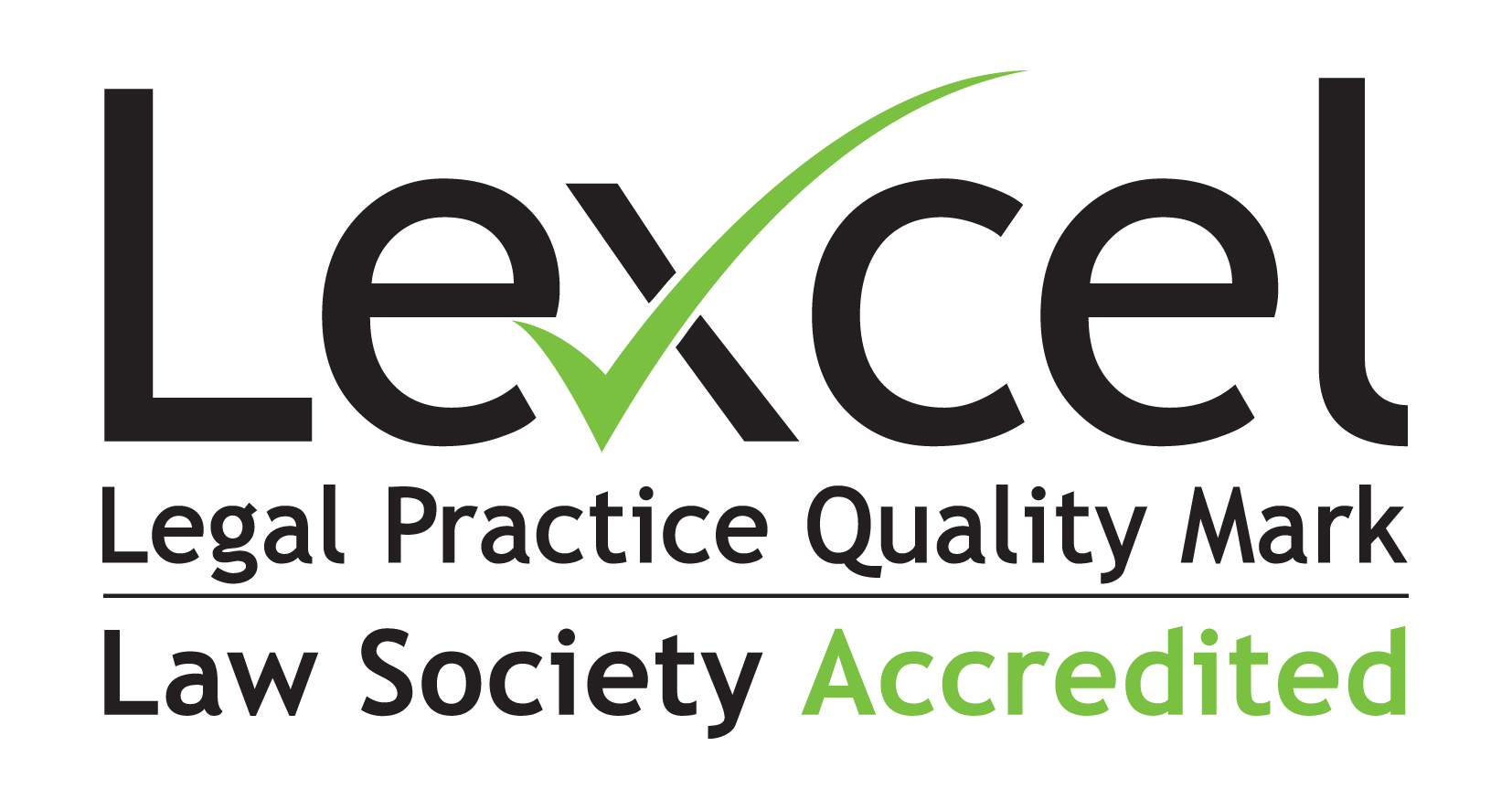Hartley & Worstenholme Senior Partner, Chris Wilton, has been consulted by the Land Registry ahead of it’s proposals for reform to Local Land Charges.
The Land Registry is proposing widespread reforms of the way in which Local Land Charge records are searched – something which affects the vast majority of land transactions, from residential conveyancing to complex commercial property matters.
At present, if you were to buy property, your solicitor will carry out a ‘Local Search’ which searches records of the local authority for any ‘charges’ or entries which may affect the property. The response time of Land Charges departments can vary greatly, and it is increasingly important that the results are provided by the local authority quickly. Some local authorities provide an efficient service, often returning local searches within 24 hours. Other local authorities can take up to a month to provide results. Where such delays occur, this can often have a knock-on effect to the property transaction, and is extremely frustrating for clients and solicitors alike.
The Land Registry is now proposing a central service which searches the records of local authorities’ Land Charges departments, with a view to streamlining the whole process. The new system will provide a much quicker return, meaning that those dealing in property won’t be sitting waiting (and losing money) whilst local searches are carried out.

Senior Partner Chris Wilton (right) with Jamie Winch, Stakeholder and Policy Manager in the Local Land Charges Team at the Land Registry.
“The proposed reforms to Land Charges can only bring about a positive result for law firms and for clients. In today’s market, time is often the key factor in any transaction, with expectations on solicitors to complete matters within the shortest timeframe possible. The Land Registry is constantly trying to streamline their practices, and we are very pleased to continue to be consulted by the Land Registry in their proposals here.
“We were involved in the consultation process for the e-DRS system, which enables us to lodge applications online with the Land Registry, rather than having the post off cumbersome bundles of paper and deeds. We hope the new Land Charges system will provide similar benefits, in both time and cost, which our clients will ultimately benefit from,” Chris Wilton, senior partner at Hartley & Worstenholme and head of the Commercial Property department commented.
Hartley & Worstenholme now lodge 94% of dealings of whole by e-DRS which provides a 50% reduction in the fee charged by the Land Registry. This saving is passed on to clients on all matters which sets us apart from some other firms that continue to use the old ‘paper’ format. Using the e-DRS often means land is registered in the name of the new owner much more quickly, something that is increasingly important in a market where land changes hands so frequently.
To read more on this subject, please visit the Land Registry Blog.








